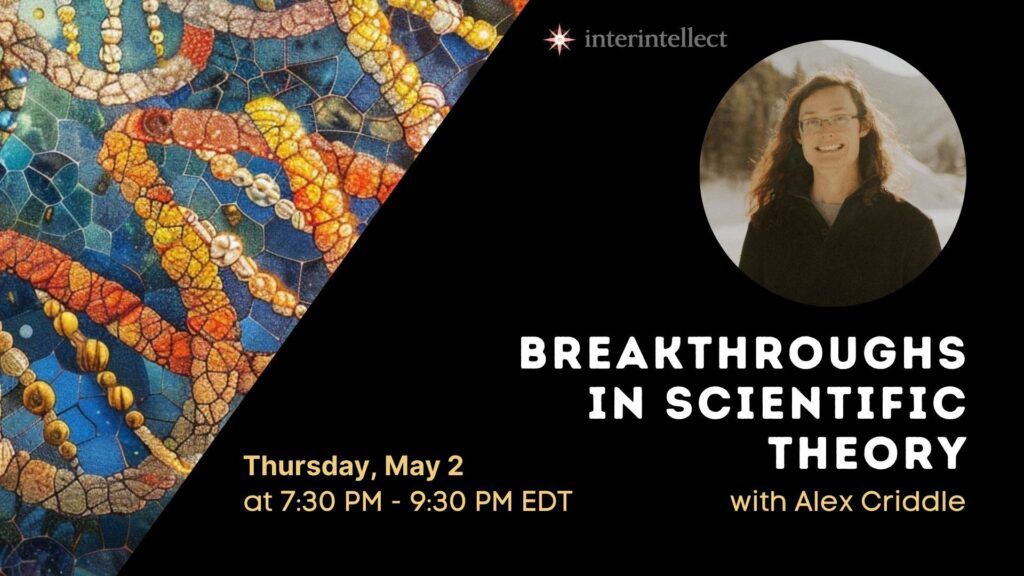
- This salon has passed.
Burnout & Corporate Stockholm Syndrome — Work Beliefs and our Relationship with Work
March 20, 2021 at 1:00 pm GMT
Start time where you are: Your time zone couldn't be detected

Join experienced indie creator Paul Millerd and newly resigned, ex-big tech worker Orpheas Katsikis as they explore our relationship to and beliefs about work and how these lead to burnout, Corporate Stockholm Syndrome, and a seemingly good, but unfulfilled life…
“I have a great office job, I’m getting paid well, I should be happy”. Not an uncommon utterance from today’s knowledge worker. Conflating money with satisfaction, attempting to haggle with their emotions while experiencing long hours, the restriction of their creativity, and no-one to talk to…
In this ii special, we will explore the reasons behind this — common — experience, how our beliefs about work shape it, and how we end up turning a blind eye to our dissatisfaction and endure low-grade burnout for years.
We will discuss and answer questions such as:
Why do we conflate our self-worth with our job role?
Living to work or working to live?
What is burnout, what are its reasons and symptoms?
What is Corporate Stockholm Syndrome and how do we entrap ourselves doing things we do not enjoy?
Looking forward to seeing you and discussing with you!
Recommended Reading & Watching:
- Paul’s Twitter thread on Work beliefs
- John Vervaeke, Awakening From The Meaning Crisis:
- Does ‘Creative’ Work Free You From Drudgery, or Just Security?
- Ada’s article on burnout
- On Corporate Stockholm Syndrome
- Paul’s Twitter thread on David Whyte’s The Heart Aroused: Poetry and the Preservation of the Soul in Corporate America
- John Vervaeke, Awakening From The Meaning Crisis — Clip 1: 27:15-30:00 and Clip 2: 35:20-36:20
- Amy McMillen On Quitting Her Job And Taking A Sabbatical & Writing A Book During The Pandemic
and some quotes:
- “Finally, the mechanism that, hitherto, has held Total Work in motion is the seemingly endless drama called “work is a blessing vs. work is a curse.” After both sides of the duality have been deconstructed, then one is able to maintain one’s seat in the throne of equanimity. Work simply is. Nothing more and nothing less. Almost trivial. “After Enlightenment,” a famous Zen Buddhist saying goes, “chop wood, carry water.” No mystification, not a single drop of ether, remains.” — Andrew Taggart
- “We might at first label the body’s simple need to focus inward depression. But as we practice going inward, we come to realize that much of it is not depression in the least; it is a cry for something else, often the physical body’s simple need for rest, for contemplation, and for a kind of forgotten courage, one difficult to hear, demanding not a raise, but another life.” — David Whyte
- “Unlike Sarah, however, I couldn’t pinpoint a specific moment when I decided that I had had enough. My journey instead was a slow-burning cognitive dissonance—a soft underlying knowledge that I wanted something different while never having the courage to do anything about it. It was probably a week after I started my first full-time job when I was already listening to podcasts about people who had quit their conventional corporate lives to pursue something different. Though I listened to these people’s stories day in and day out, their decisions never seemed accessible to me. I didn’t want to simply quit and travel the world just to travel, nor did I have a successful side hustle that could sustain me, nor did I have a brilliant start-up idea. I felt lost and stuck, simultaneously pulled in a million different directions while feeling empty and blank whenever I thought about what I wanted.” — Amy McMillen
Time zones:
5:00 am San Francisco
8:00 am New York
1:00 pm London
2:00 pm Paris
3:00 pm Johannesburg
9:00 pm Taipei
9:00 pm Singapore



